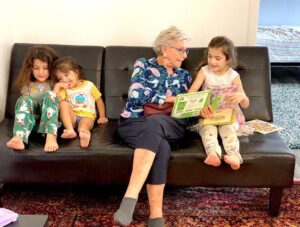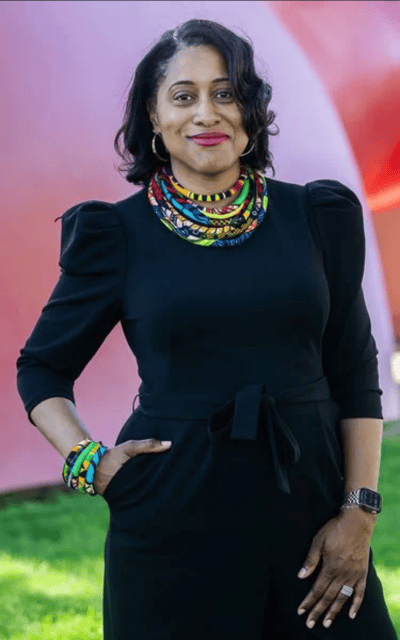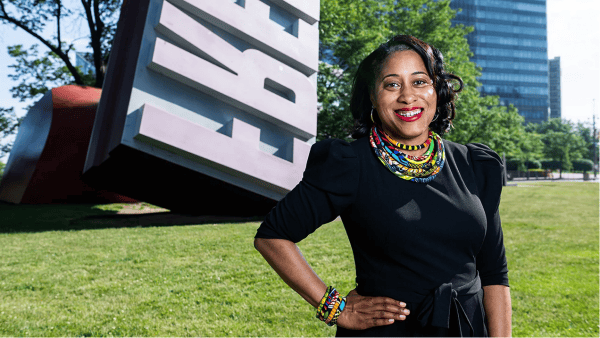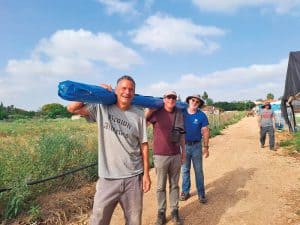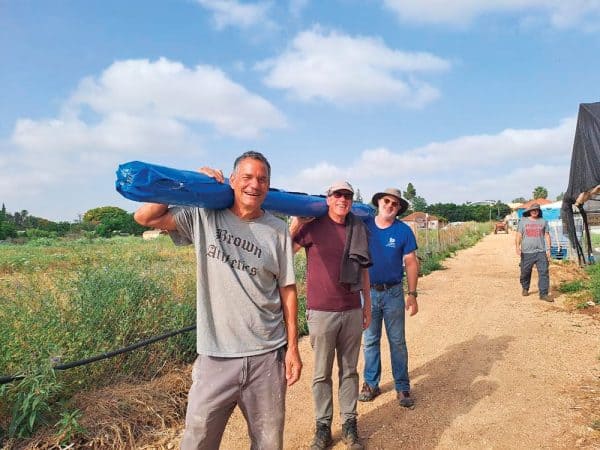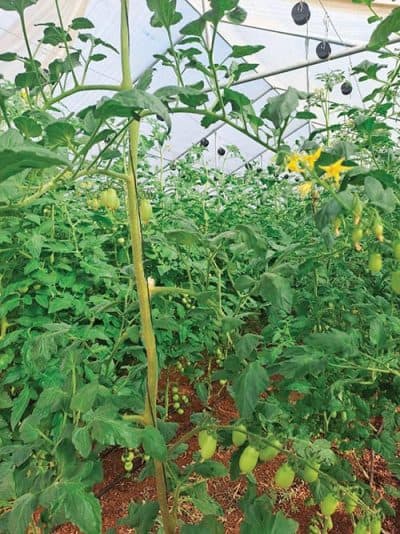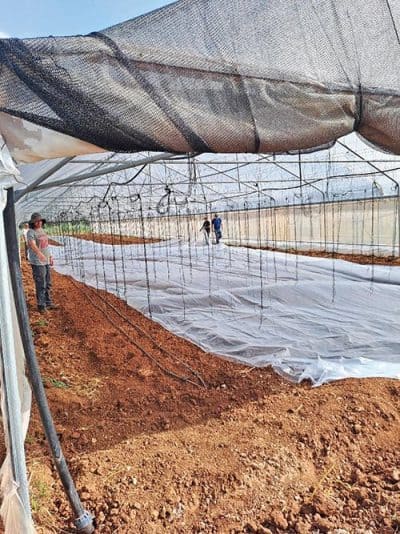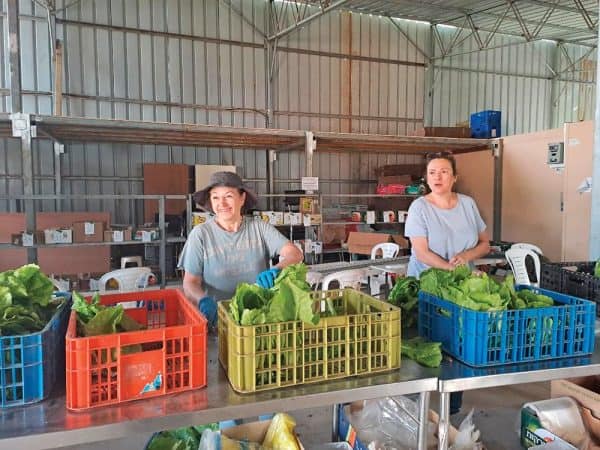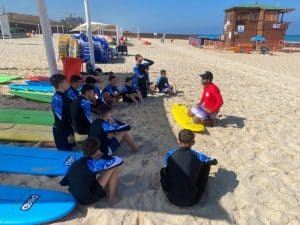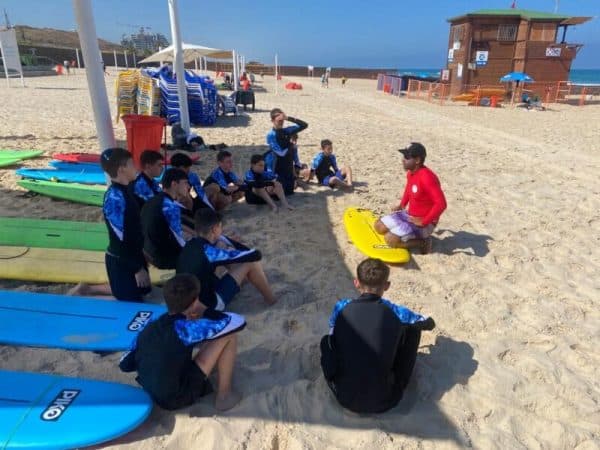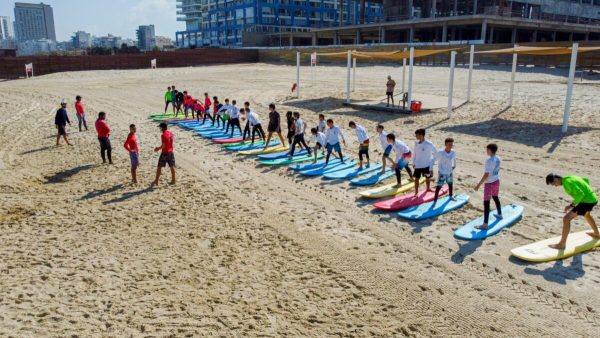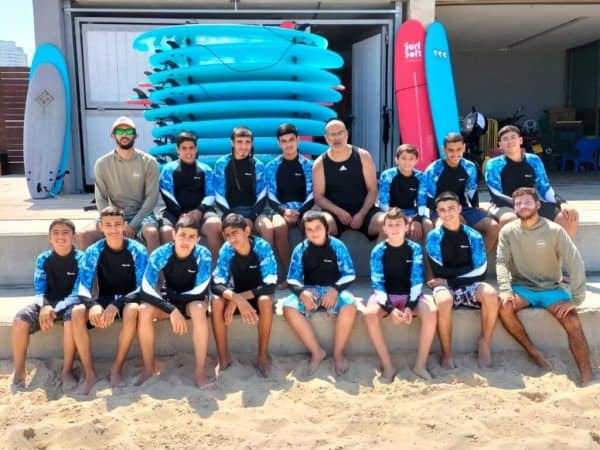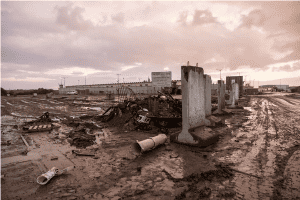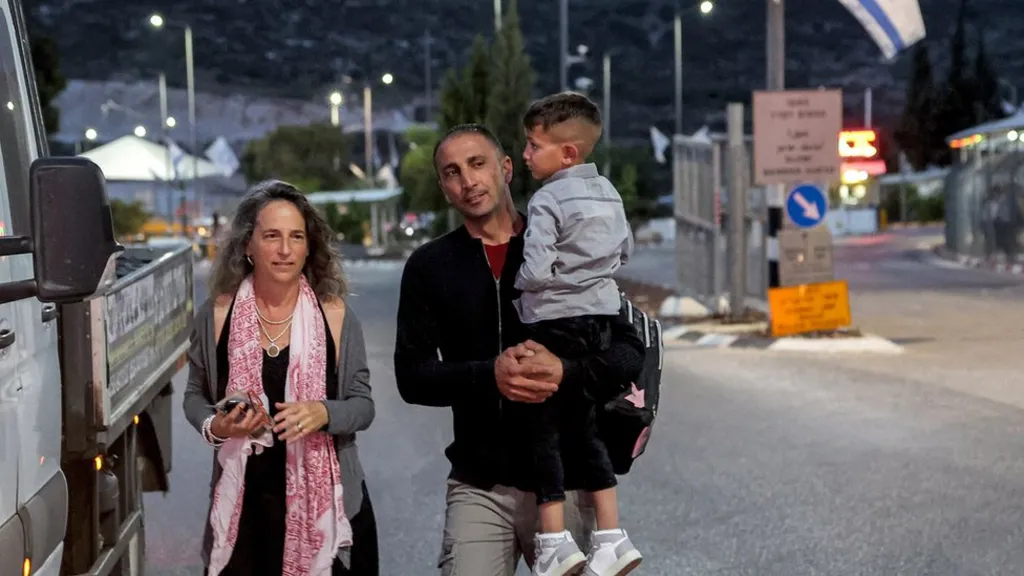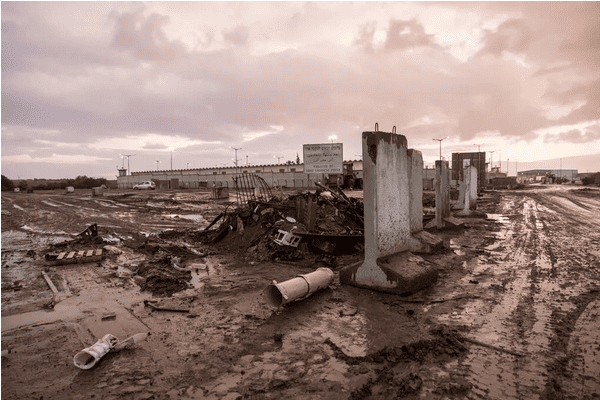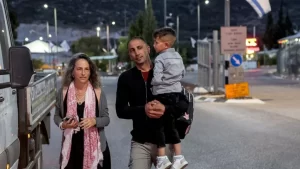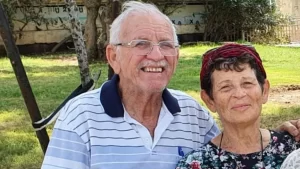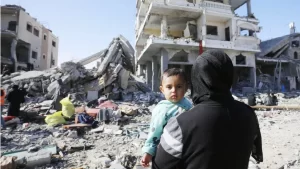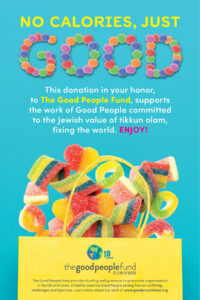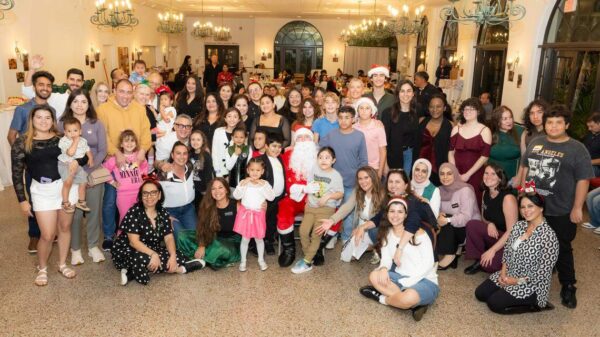
Kristen Bloom knows what it’s like to start over. In the 20 years her husband has served in the Air Force, the couple has moved 10 times.
Their first assignment took them to Okinawa, Japan. Bloom, now 42, is originally from a small town in Massachusetts, and quickly realized how different life there was from what she knew back home.
Fortunately, she found comfort in the surrounding military community—people who were always willing to lend a helping hand and answer her many questions: How did you get your driver’s license here? Do you know a doctor who speaks English?
Fast-forward to late 2016: Bloom and her family had just relocated to Miami from rural Mississippi. Having recently decided to become a full-time stay-at-home mom, she began looking for ways to give back through volunteer work.
A friend told her about the Syrian Supper Club, a group that brings together recently arrived Syrian refugees to cook meals for fundraising events—helping them financially and socially as they adjust to their new lives.
Bloom then began volunteering as an English tutor for a Syrian family. Although she didn’t speak Arabic, her background teaching English in Japan and at Mississippi State University gave her the tools she needed to help.
Having experienced what it’s like to live in an unfamiliar place herself, Bloom quickly realized just how much support refugees need—and how little they often receive. Upon arrival, refugees receive only 90 days of federal support.
Her first English session with the family didn’t include a single language lesson. Instead, it turned into three hours of questions, a pile of mail they couldn’t understand, and concerns about healthcare—especially since the mother was pregnant.
“They have nobody to reach out to,” Bloom said. “They have no support network. And me, every single time I move, I have this big support network that can support me.”
This realization led Bloom to start Refugee Assistance Alliance in 2017, whose mission is to “help the most vulnerable refugees in South Florida with the vital support services needed to survive and thrive in their new communities.”
The non-profit provides refugees with English language education, employment opportunities and emotional support.
“I quickly realized that, yes, the families needed to learn English, but more than anything, I really felt like they needed a friend or a neighbor or somebody who could just help them figure life out here,” Bloom said.
Built on volunteer work
The first volunteers came through Facebook posts asking for help. Today, Refugee Assistance Alliance has a staff of 12, with more than 100 active volunteers and around 200 refugee clients. Volunteers are paired with a family and check in at least once a week and stay closely involved in helping families meet their needs, like helping them get to the library or fill out applications for government assistance.
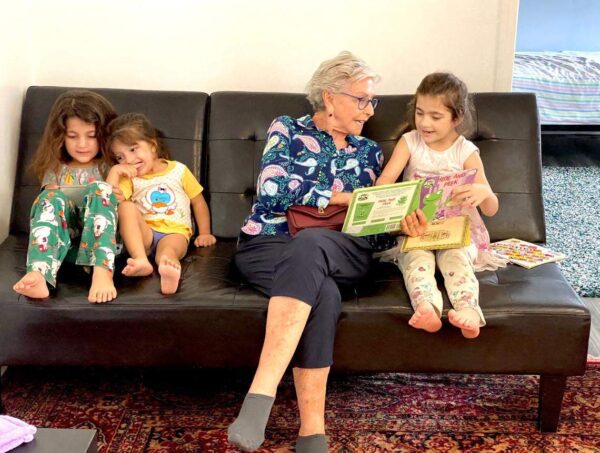
“It really is a community,” said Romona Allen, the Client Services Lead at the organization, who started as a volunteer in 2018. “We work with them on a personal level, trying to figure out where they are. We build friendships.”
Allen now oversees client intake and employment support, helping refugees find jobs and navigate cultural and language barriers. Her work also includes connecting children with tutoring and mentorship opportunities to ease their transition into U.S. schools.
One of their first clients was Rajaa Zewanah,40, who Bloom met at the Syrian Supper Club.
Before the war, Zewanah lived a peaceful life in Homs, Syria, with her husband and two small children in a home they had built themselves. That peace shattered in 2011 when the civil war reached their city. By the following year, they fled to Damascus—but the bombing followed them there too. Eventually, they decided to walk to the Jordanian border, their youngest child, just three years old, walking beside them.
“I was so scared,” Zewanah said, recalling how they feared being shot at any moment.
Later, she learned their home in Homs had been seized by a militia and everything was stolen.
In Jordan, the family stayed in a UN refugee camp before renting a small apartment in Amman. Work was scarce, but after three years, the UN called with an opportunity to resettle in the United States. After multiple interviews, background checks, and medical exams, they arrived in South Florida in June 2016.
Refugees have little say in where they’re placed, and when Zewanah learned they’d be moving to Miami, she was excited—her only reference point being what she’d seen on TV. Reality was harder. Their first apartment in Florida City felt unsafe due to street crime. They later moved to North Miami Beach, where they still live, and her husband now works steadily in construction.
After Bloom founded the organization, volunteers began visiting Zewanah weekly, helping her earn a certificate in early childhood education. She went on to complete an Associate of Arts degree at Miami Dade College and plans to pursue a bachelor’s degree in social work.
Although English was the most challenging aspect of her transition, Zewanah eventually became fluent enough to volunteer with RAA herself and later joined the organization part-time as a client coordinator.
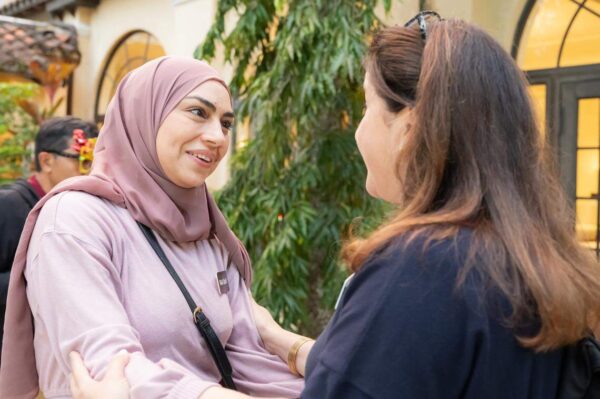
Hardship and humanity
While the refugee assistance program started as a response to the Syrian refugee crisis, it quickly grew to serve people coming from South and Central America.
Leorelis Tovar, 40, fled Caracas, Venezuela, to Colombia after political and economic turmoil made it impossible to build a future there, and after five years in Colombia, she realized life had become just as dangerous and uncertain. “This is no longer the place for us,” she remembers thinking when she couldn’t find medicine for her child.
Tovar applied for asylum and arrived in Miami in June 2024. She first stayed with an adoptive family she knew from Venezuela, but the relationship quickly soured and she had to move out. Her case with a resettlement agency closed and she spent two weeks living in the Lotus House shelter with her son. “Those two weeks are something I’ll never forget,” she said.
Lotus House offered food, therapy and stability—and soon after, she was connected to RAA. The group helped her rebuild her life, providing rental support, clothing, household items and emotional care. Volunteers even accompanied her to meetings at her son’s school, where Ángel, who is on the autism spectrum, now receives music, art and occupational therapy. Tovar was eventually stable enough that she could take on freelance design projects.
“It’s not easy to leave the country you love,” she says. “But if you want to move forward, you have to look for better opportunities. Here, I’ve found a lot of human warmth.”
Bloom said that it is hard for the organization to see negative rhetoric around refugees, as she has found them to be incredibly giving, hard-working people who go through rigorous vetting.
“We want them to feel this is their new home, excited, and feel welcome here. And it’s really sad to see that so many people are feeling fearful right now,” Bloom said.
Rokhan Sahel Niazi, 32, a former U.S. Army interpreter from Jalalabad, Afghanistan, fled with his wife and five young children after the Taliban takeover in 2021. Educated in English literature at Nangarhar University, he had worked alongside U.S. Marines, Air Force, and State Department teams before being evacuated through the chaos at Kabul airport with help from an American lieutenant and a group of Marines.
After brief stays in Philadelphia and at Holloman Air Force Base in New Mexico, the family was resettled in Miami—a placement chosen for them. Despite the turmoil, Niazi adapted quickly, using his English to help other Afghan refugees learn the language in their hotel soon after arrival.
He later connected with the RAA, which provided job training, English and computer classes, and financial aid for essentials like transportation and a dryer. His wife now speaks fluent English, and Niazi works in customer service.
“When you say refugee,” he said, “It means hardship, stress, depression—it’s really challenging. We should always help and check on them to see what they need.”
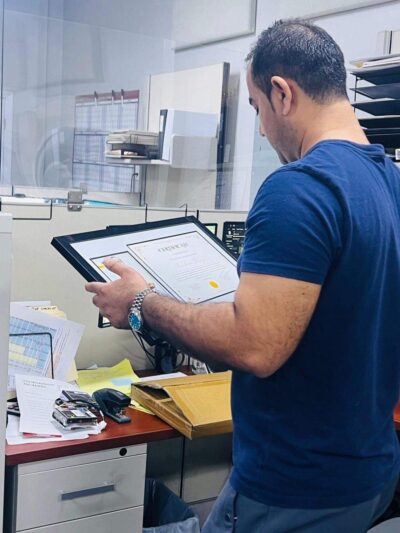
Editor’s note: This story is part of the Miami Herald Giving Section that highlights local nonprofit organizations in the community. This story was originally published October 18, 2025 at 4:30 AM.

